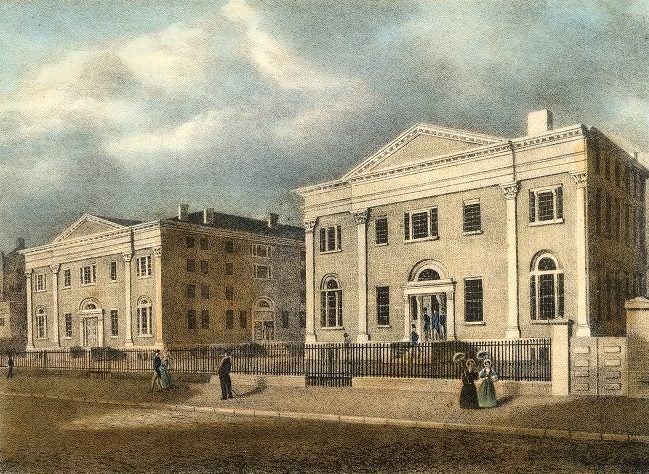Joseph Kirby Corson was born on November 22, 1837, in Plymouth Meeting, Pennsylvania. With the outbreak of the Civil War, Corson was among those who answered Abraham Lincoln’s call for 90 day volunteers, serving with the 4th Pennsylvania Infantry from April 20 to July 26, 1861. He entered the University of Pennsylvania Medical School in September 1861; during his years as a medical student he was an acting medical cadet at the Army Hospital at Broad and Cherry Streets between January 1862 and March 1863, when he graduated. Shortly after graduation Corson was mustered in as the assistant surgeon of the 35th Pennsylvania Infantry (6th Reserves), serving with the regiment through June, 1864. He was with the regiment at such battles as Gettysburg, Bristoe Station, Wilderness, Spottsylvania, and North Anna.
Corson’s actions during the Battle of Bristoe Station on October 14, 1863, garnered him the Congressional Medal of Honor. The battle had resulted from maneuvering between Confederate General Robert E. Lee’s Army of Northern Virginia and Union General George Gordon Meade’s Army of the Potomac. On October 14, when Confederate General A.P. Hill’s Third Corps attempted to catch retreating Union soldiers from the Fifth Corps, they were surprised by Union General Gouverneur K. Warren’s Second Corps. Corson and another soldier risked their lives to bring a wounded comrade back to safety. The award citation reads:
With one companion returned in the face of the enemy’s heavy artillery fire and removed to a place of safety a severely wounded soldier who had been left behind as the regiment fell back.
After the war Corson went into private practice with his father for two years, but in 1867 decided to return to the Army as a surgeon. He was mustered back into military service on October 9, and was then stationed at various Army posts in New York, Texas, Louisiana, Wyoming, Arizona, California, and Missouri. Corson Peak in Utah was named for him in 1871 while he served as assistant surgeon to the King Survey. He married Mary Ada Carter in 1874, and they had two children. Corson finally retired on November 30, 1897 after 30 years of service, and returned to Plymouth Meeting. He died on July 24, 1913.

